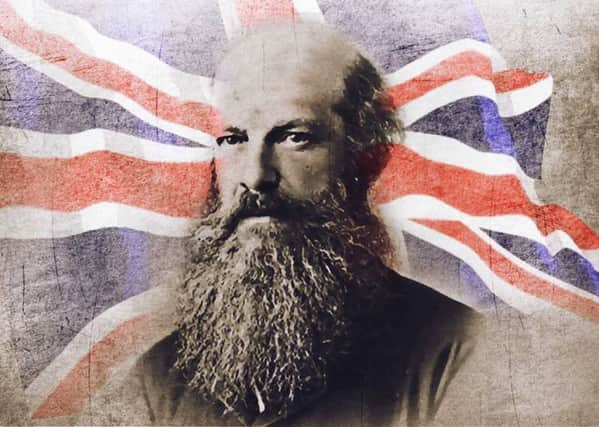Book review: The Double Life of Laurence Oliphant - Victorian Pilgrim and Prophet, by Bart Casey


The interesting thing about Oliphant is that he was, on the one hand, a successful man of the world as traveller, journalist, author and diplomat and on the other, a mystic and investigator of the spirit world, as the DNB puts it, kept for some time as “a spiritual slave” in the cult founded and led by a charismatic American called Thomas Lake Harris.
Laurence Oliphant was born in Capetown in 1829 and spent his early years in Ceylon. He travelled and wrote books about his travels, became a foreign correspondent for The Times, covering the Crimean War, and took part in diplomatic missions in the USA, China and Japan. He was popular in London society, became a friend of the Prince of Wales, wrote a successful satirical novel and was elected to Parliament. So far, nothing unusual for one of his class and background.
Advertisement
Hide AdAdvertisement
Hide AdHe flirted with Spiritualism, even before meeting Harris, who was in London preaching his new spirit religion. Harris, like so many cult leaders, was himself part-mystic, part-phoney. Eventually, Oliphant broke away – to be reviled as a traitor. He had also wed, and he returned to journalism, covering the Franco-Prussian War, the Siege of Paris and the Commune. Oliphant then became an early Zionist, helping to establish one of the first Jewish settlementsin the Holy Land. He wrote several mystical works, and when widowed, returned to England, wed again, before dying at Twickenham. His second wife subsequently helped to expose Harris as a fraud. Casey has written an interesting book, admirably deadpan in its treatment of the Harris Community, less assured in its picture of British society, politics and imperialism.
• Post Hill Press, £18